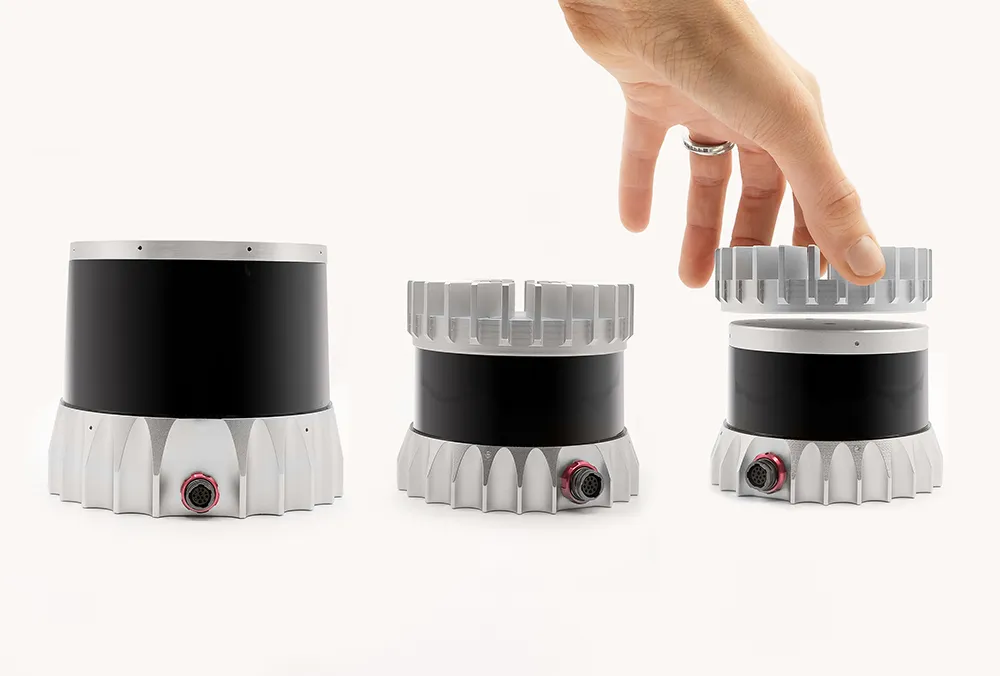
The wireless technology significantly improves road safety by alerting drivers of critical traffic information. Using NXP’s technology combined with application software from
Messages could include blind-intersection collision, road condition hazards, road works, presence of emergency vehicles, stationary or slow moving vehicles, traffic jam and accident warnings, as well as traffic signals or signage indicators.
The solution avoids cellular or other networks that can be slow or unreliable. Instead operations on IEEE 802.11p, a wireless communication standard for the automotive industry, and directly connects surrounding infrastructure and vehicles to each other to achieve immediate transmission and ensure reliable road safety communications.








